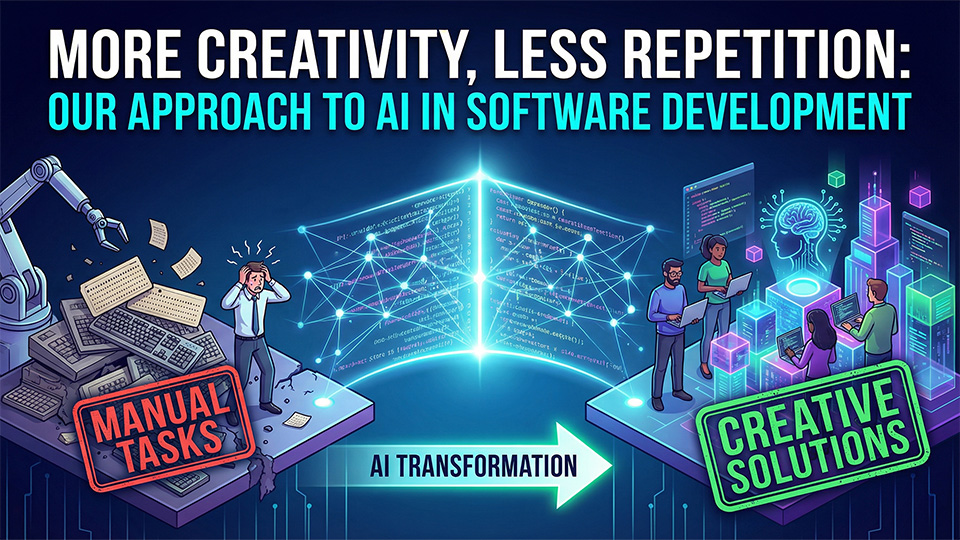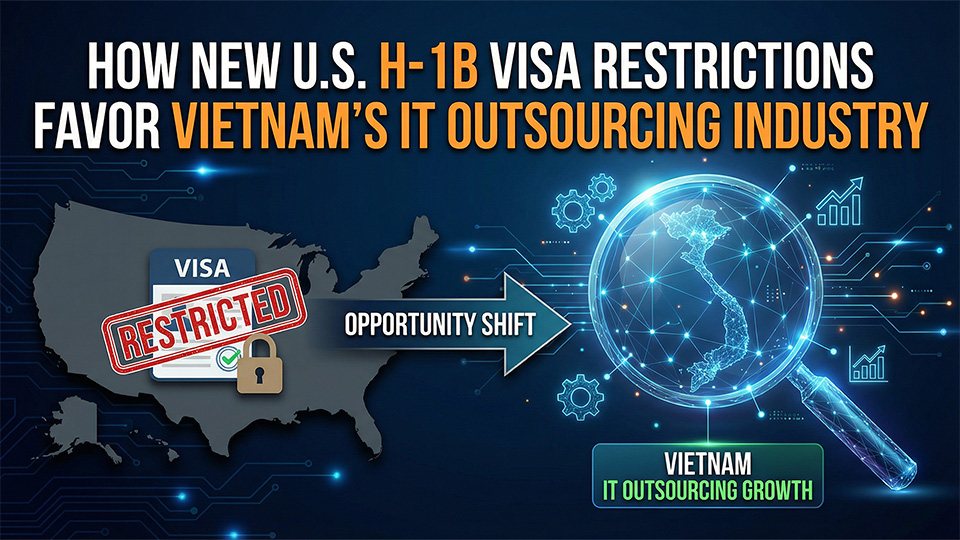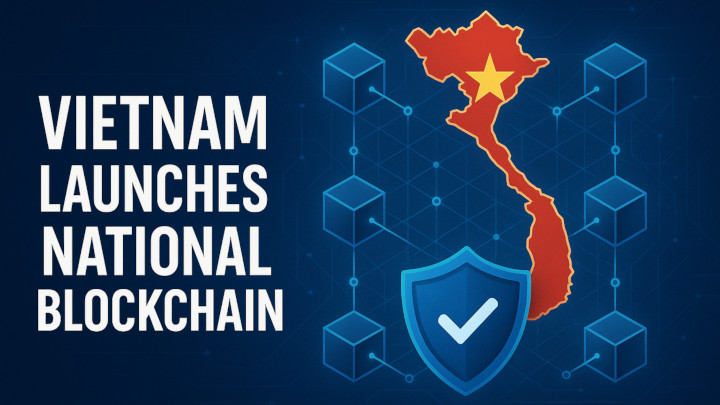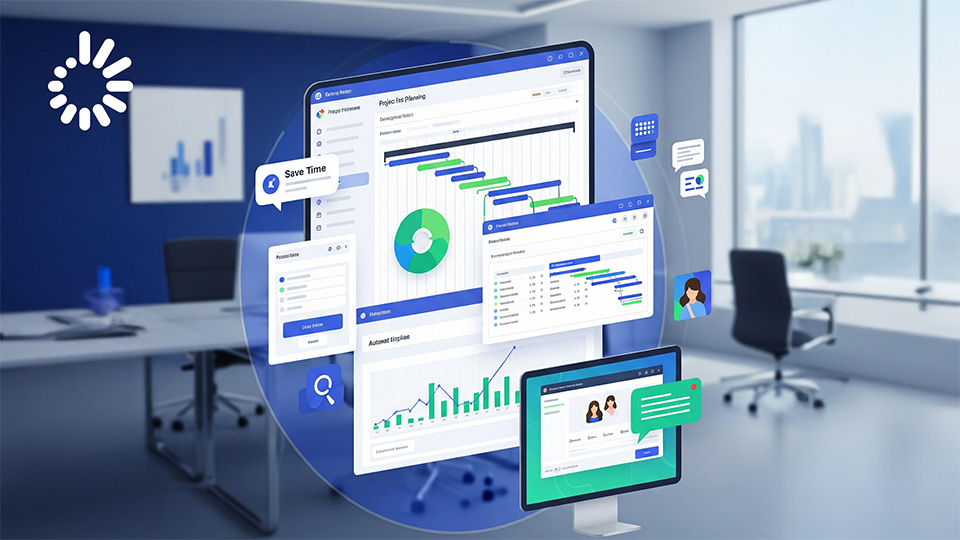March 3, 2025
How to Navigate the Digital Disruption in Logistics
The global supply chain is facing unprecedented disruptions. For example, global shipping costs surged a staggering 745% between early 2020 and late 2021, exposing critical vulnerabilities. Are you prepared for the future?
Traditional logistics methods, often relying on manual processes and fragmented data, simply can't keep pace. Digital logistics is the answer, representing the automation and digitization of the entire process of moving goods. This article provides a complete overview of digital logistics, exploring core components, transformative impacts, and key strategies.
In particular, we will cover overcoming challenges, identifying future trends, and ultimately achieving sustainable growth through effective digital logistics implementation.
I. What Exactly Is Digital Logistics, Anyway?
Digital logistics signifies a fundamental shift. It's about transitioning from manual, analog processes to a fully integrated, digital ecosystem. This revolutionizes inventory management, transportation, warehousing, and even customer communication, creating a more responsive and efficient supply chain. But what technologies are crucial for powering digital logistics?
Powering Digital Logistics: Key Technologies
Several core technologies are essential for realizing the vision of digital logistics and unlocking its full potential. They work in synergy to create a data-rich, interconnected, and intelligent logistics network.
Cloud Computing
Cloud platforms enable real-time data access, enhancing collaboration and scalability. Instead of relying on siloed, on-premise systems, the cloud provides a centralized hub for information.
According to DHL's Resilience360, an estimated 60% increase in shipping usage over 2019 in the Northern Arctic highlights the need for scalable cloud solutions to manage the surge in data from tracking and monitoring these new routes. This centralized approach ensures stakeholders can access critical data for informed decision-making, crucial for navigating the risks and disruptions identified in the report, such as trade sanctions and black swan events.
Internet of Things (IoT)
IoT devices and sensors enable real-time tracking of shipments, giving unprecedented insight into location, temperature, humidity, and other critical conditions. This granular visibility allows for proactive intervention and prevents costly damage or delays.
Consider Tanalink, where planters use IoT to monitor worker activity, tracking plants harvested and areas covered. This allows for fairer compensation, incentivizes challenging work, and rewards quality, fostering equitable workplaces and loyal workers
Artificial Intelligence (AI) and Machine Learning (ML)
AI and ML algorithms optimize logistics processes across the board, improving decision-making and automating repetitive tasks. AI also facilitates automation of tasks like route optimization, predicting potential delays, and dynamically adjusting delivery schedules.
A concrete example would be UPS's AI-powered routes optimization system called ORION (On-Road Integrated Optimization and Navigation), which save millions of gallons of fuel annually by using real-time data, including package volume, traffic conditions, and customer requests, to create optimal routes for drivers.

Furthermore, AI-powered demand forecasting helps businesses anticipate fluctuations in demand, optimizing inventory levels and minimizing stockouts.
Blockchain
Blockchain ensures security and transparency by creating an immutable record of transactions and improving traceability in supply chain operations. This is particularly valuable for industries dealing with high-value or sensitive goods, where provenance and authenticity are paramount.
For example, LogChain digitizes cargo movement using blockchain, enabling chemical manufacturers and shippers to reduce cost, time, and risk. Its distributed ledger technology gives all parties full operational visibility, improving cash flow, inventory management, and lowering operating costs.
5G and Edge Computing
5G networks enable faster data transfer and low-latency communication, while edge computing facilitates real-time data processing closer to the source. This is crucial for applications requiring immediate responsiveness, such as autonomous vehicles and drone delivery systems. By combining them, one can enhance efficiency.
Now that we've explored the technologies powering the transformation, let's look at the tangible results.
Unlocking Efficiency: The Benefits of Digital Logistics
The benefits of logistics are multifaceted and can significantly impact a company's bottom line and competitive advantage.
Streamlined Inventory Management
Digital tools optimize inventory levels by providing accurate, real-time data on stock levels, demand patterns, and lead times. This reduces the risk of costly stockouts or excess inventory, while simultaneously improving warehouse operations through optimized storage and retrieval processes.
Real-Time Flexibility and Adaptability
Digital logistics empowers businesses to respond quickly to changing market conditions and customer demands. Real-time visibility into the supply chain allows for proactive adjustments to transportation routes, inventory allocations, and production schedules, minimizing disruptions and maximizing customer satisfaction.
Task Automation
Automation reduces manual effort, minimizes errors, and frees up logistics teams for higher-value activities. Automating tasks like order processing, shipment tracking, and invoice reconciliation reduces the burden on human employees, allowing them to focus on strategic initiatives and complex problem-solving.
Continuous Improvement
Real-time visibility and data analytics drive continuous improvement by identifying bottlenecks and inefficiencies throughout the supply chain. By analyzing data on transportation times, warehouse throughput, and inventory turnover, businesses can pinpoint areas for optimization and implement targeted improvements.
Reduced Costs
Digital logistics significantly reduces shipping and fulfillment costs, especially for DTC brands. Route optimization, improved inventory management, and reduced manual labor contribute to significant savings.
Enhanced Decision-Making Abilities
Granular analytics provide insights that improve team's decision-making abilities. With access to real-time data and predictive analytics, logistics managers can make more informed decisions about everything from pricing strategies to capacity planning.

II. Logistics in Action: Industry-Specific Applications
The power of logistics lies in its adaptability. Each industry faces unique challenges, and digital solutions offer tailored approaches to optimize supply chains and drive efficiency. Here's how it's playing out in several key sectors:
Automotive: Navigating Complex Supply Chains
The automotive industry grapples with constant supply bottlenecks, transport disruptions, and the relentless demand for just-in-time delivery. Digital solutions offer powerful tools to navigate these complexities. Centralized visibility provides a comprehensive view of the entire supply chain, enabling proactive resource planning.
Digital twins allow manufacturers to simulate different scenarios and optimize their network for maximum efficiency. This empowers the industry to become resilient and adaptable, ultimately leading to optimized resource planning and network efficiency.
Chemicals: Enhancing Resilience in a Volatile Market
The chemical industry demands exceptional supply chain resilience. They face risks such as fluctuating prices and raw material scarcity. Logistics enhances this resilience by providing real-time visibility and predictive analytics.
Cloud-based platforms and digital twins optimize chemical transports. These tools help to effectively manage bulk packaging, ensuring safe and efficient operations, resulting in enhanced supply chain resilience.
Consumer Products and Retail: Meeting Evolving Consumer Demands
Digital solutions enable retailers to address environmental, supply chain, and logistical challenges, facilitating centralized visibility and multi-channel procurement to satisfy consumer demands.
Furthermore, digital twins can simulate growth scenarios, helping retailers optimize their network and adapt to changing market dynamics, leading to improved inventory management and supply chain adaptability.
Electronics and Semiconductors: Precision and Control
The electronics and semiconductors industries require precision and control in their supply chains. Digital models and tools provide the essential data streams needed to monitor and control processes.
A centralized platform serves as a key interface, seamlessly integrating suppliers, manufacturers, and logistics partners. This empowers manufacturers to streamline their operations, reduce lead times, and ensure the timely delivery of high-value components, resulting in streamlined operations and reduced lead times.
Industrial Machinery: Streamlining Complex Manufacturing
The industrial machinery sector faces the challenge of intricate machine manufacturing processes and the impact of raw material shortages. Logistics solutions provide much-needed efficiency.
Cloud-based tools and digital rate card management enable efficient spare parts shipments. In short, the transformation will yield efficient spare part shipments.
Medical Devices and Pharmaceuticals: Ensuring Compliance and Stability
In the healthcare sector, digital technology enhances efficiency, ensures regulatory compliance, and stabilizes supply chains. These are crucial for delivering life-saving products.
Visibility solutions are essential for integrating supply chain players and monitoring time-sensitive shipments. This helps in enhancing regulatory compliance
Agriculture: Transforming Farm-to-Table Logistics
Logistics can revolutionize agricultural supply chains by improving traceability, reducing waste, and optimizing the transportation of perishable goods. Sensors can monitor crop conditions, providing valuable data for optimizing harvesting and storage.
Furthermore, blockchain ensures food safety, building trust and enhancing transparency. Traceability, reduced waste, and optimized transportation will make a huge difference.
Humanitarian Logistics: Optimizing Disaster Relief Efforts
Digital tools can significantly improve the efficiency and effectiveness of disaster relief efforts. They optimize resource allocation, track supplies, and coordinate responses in real-time. The end results are optimized resource allocation, real time tracking.
III. Overcoming Challenges in Logistics Implementation
Effectively managing digital disruption requires careful consideration of potential barriers. Successfully implementing logistics is not without its hurdles, but with strategic planning and proactive measures, these challenges can be overcome.
Integration Complexity: Ensuring Seamless Data Flow
One of the biggest hurdles is integrating multiple technology solutions and ensuring seamless data flow. It's essential to choose solutions that integrate seamlessly with existing systems. To address this:
Prioritize data integration to create a unified view of your supply chain.
Implement APIs for seamless data exchange between systems.
Adopt a modular approach, implementing solutions incrementally to minimize disruption.
Cost Management: Prioritizing High-Value Use Cases
Managing the costs associated with digital transformations requires careful planning and execution. Evaluate ROI and prioritize high-value use cases.
Conduct a thorough cost-benefit analysis before investing in new technologies.
Focus on quick wins that deliver immediate ROI.
Leverage cloud-based solutions to reduce upfront infrastructure costs.
Data Quality and Availability: Ensuring Accuracy and Reliability
Data governance and data management strategies are essential for ensuring data accuracy and reliability. You need to have quality data in order to make informed decisions.
Implement data validation and cleansing processes to ensure data accuracy.
Establish data governance policies to define data ownership and accountability.
Invest in data analytics tools to monitor data quality and identify anomalies.
Skills Shortages and Change Management: Fostering Innovation
Addressing skills gaps requires investing in training programs and talent development initiatives. Managing change and fostering a culture of innovation and collaboration are crucial for success.
Provide training and development opportunities to upskill employees.
Foster a culture of experimentation and learning to encourage innovation.
Establish cross-functional teams to promote collaboration and knowledge sharing.
Security and Cyber Threats: Protecting Sensitive Data
Cybersecurity measures are critical for protecting sensitive supply chain data and infrastructure. Employ encryption, access controls, and threat detection systems to safeguard your operations.
Implement a robust cybersecurity framework to protect against cyber threats.
Conduct regular security audits to identify vulnerabilities.
Provide cybersecurity awareness training to employees.
Sustainability: Promoting Circular Economy Practices
Logistics can contribute to more sustainable supply chains by reducing carbon emissions, optimizing resource consumption, and promoting circular economy practices. Data analytics help identify opportunities for reducing waste and improving energy efficiency.
Implement route optimization software to reduce transportation emissions.
Utilize data analytics to identify opportunities for reducing waste and improving energy efficiency.
Promote circular economy practices by encouraging the reuse and recycling of materials.

IV. The Future of Logistics
The future of logistics is dynamic, driven by emerging technologies. Expect to see innovation in automation, enhanced decision-making, and personalized customer experiences. These technologies are not just theoretical; they're rapidly moving into practical applications.
Generative AI (GenAI): Automating and Enhancing Decision-Making
There's growing excitement around GenAI and its potential to revolutionize logistics. It can automate tasks, improve decision-making, and enhance customer experiences. This is no longer just a concept; it's becoming a reality.
Scenario analysis: Imagine using GenAI to model different scenarios, such as a port strike or a sudden surge in demand, allowing businesses to proactively adjust their supply chain.
Documentation generation: Automating the creation of reports, customs documents, and other paperwork, freeing up logistics professionals to focus on more strategic tasks.

Digital Twins and Simulation: Optimizing Processes
Digital twins can simulate and optimize logistics processes, predict disruptions, and improve resilience. This creates a safe environment to test and refine processes, without impacting real-world operations.
For example, a company could use a digital twin of its warehouse to experiment with different layouts and storage strategies, identifying ways to improve efficiency and reduce costs.
Autonomous Logistics: Transforming Transportation and Warehousing
Autonomous vehicles, drones, and robots have the potential to transform transportation and warehousing operations.
While regulatory considerations and safety concerns remain, the potential benefits are undeniable. Consider autonomous trucks that can operate 24/7, reducing delivery times and fuel costs.
The Metaverse and Logistics: Immersive Training and Collaboration
The metaverse can provide immersive training environments for logistics professionals. It facilitates remote collaboration, and enables virtual product demonstrations.
Imagine training new employees on complex warehouse operations in a virtual environment, or collaborating with colleagues from around the world in a virtual meeting room.
Blockchain for Supply Chain Finance: Streamlining Processes
Blockchain technology can streamline supply chain finance processes. In addition, it improves access to capital for suppliers and reduces the risk of fraud. This is particularly beneficial for small and medium-sized enterprises (SMEs) that may struggle to access traditional financing options.
Conclusion
In summary, logistics offers a transformative potential for businesses across industries. Embracing these digital technologies is no longer optional; it's essential for achieving a competitive advantage in today's rapidly evolving landscape.
Ready to unlock the power of logistics for your business? Contact Dirox today for a free consultation! Our experts can help you assess your current needs, develop a customized strategy, and implement the solutions that are right for you.
Looking ahead, the evolution of technology will continue to drive the future of logistics. Continuous adaptation and learning are essential for staying ahead of the curve.
Logistics is shaping the future of global commerce, creating more resilient, efficient, and sustainable supply chains for all. The time to act is now.






























.svg)













